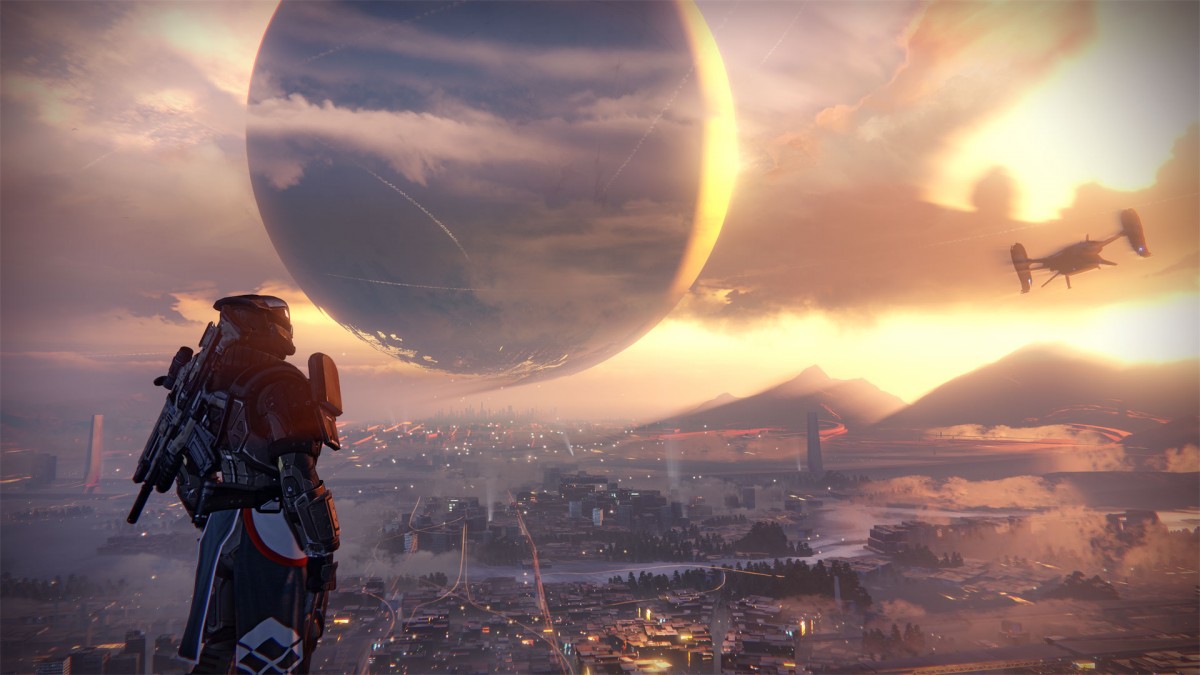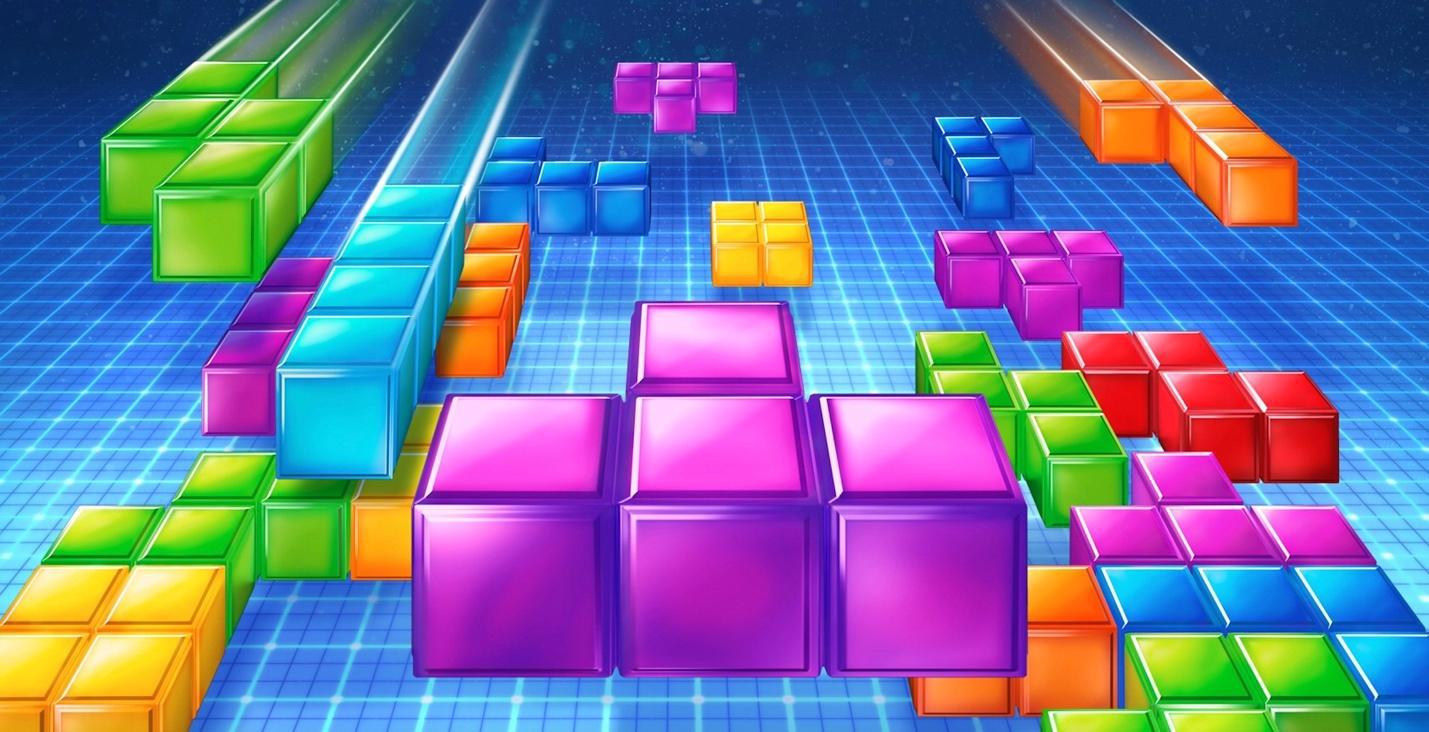Gamers are naturally drawn to surprises. The moment a legendary item drops unexpectedly in Diablo, or when a mysterious engram in Destiny reveals a powerful piece of gear, the emotional response is immediate and powerful. These random rewards provide more than just in-game advantages; they offer suspense, excitement, and a reason to keep playing.
The appeal of random drops lies in the unknown. Every action, whether it is completing a mission or defeating a boss, could result in a valuable prize. This uncertainty transforms routine gameplay into an engaging and emotional experience. Players do not just pursue outcomes, they chase the possibility that something amazing might happen at any moment.
How Random Drop Systems Work
Random drop systems are mechanics that award in-game items based on probability rather than performance or progress. Players may receive powerful equipment, rare collectibles, or cosmetic upgrades simply through luck. These systems introduce an element of unpredictability that enhances replay value and player engagement.
Procedural Loot in Diablo and Borderlands
Procedural loot systems create items on the fly, using algorithms that combine various stats, bonuses, and attributes. In games like Diablo III and Borderlands 3, this results in an almost endless variety of possible gear. Forbes explains that Borderlands helped pioneer this “looter‑shooter” model by blending RPG loot mechanics with first‑person shooter action, creating deeply varied and unpredictable loot drops across millions of weapon combinations. No two players receive the same items, even if they complete the exact same mission. This sense of uniqueness makes each find feel personal and worth sharing.
Destiny’s Engrams and Post-Mission Rewards
In Destiny 2, players earn engrams during missions and activities. These encrypted items contain unknown gear and must be decoded at specific stations to reveal their contents. The color-coded tiers of engrams indicate the rarity and potential value inside, building anticipation. Players are motivated to continue playing, not only for progress but for the chance to uncover something exceptional.
The Importance of Rarity in Player Motivation
Rarity creates desire. Games often categorize items into tiers such as common, rare, legendary, and exotic. The more difficult an item is to obtain, the more appealing it becomes. This scarcity encourages long play sessions and frequent returns. Players are willing to repeat the same content multiple times, knowing that the next drop could be the one they have been waiting for.
The Psychological Hook of Random Rewards
Random drop systems are not only fun; they are also deeply rooted in behavioral psychology. Developers intentionally design them to keep players engaged and emotionally connected to the game.
Variable Ratio Reinforcement in Game Design
Many games use a psychological principle called variable ratio reinforcement. This technique delivers rewards at unpredictable intervals, rather than after a set number of actions. It is the same concept used in lottery systems and other chance-based environments. Because the next action might bring a reward, players feel compelled to continue. This pattern is one of the most effective methods for encouraging repeated behavior.
Dopamine, Anticipation, and Digital “Wins”
Every time a player opens a loot box or decrypts an engram, the brain releases dopamine. This chemical response is not just triggered by receiving the reward, but also by the anticipation leading up to it. The moment of suspense is often just as satisfying as the reward itself. This cycle of build-up and payoff keeps players emotionally invested, turning routine activities into exciting opportunities.
Comparing Random Loot to Real-World Systems
The mechanics behind random loot systems are not unique to video games. They are also found in other digital experiences that revolve around chance and excitement. For example, players exploring a coin casino often feel the same kind of anticipation when spinning the reels. Each spin offers the possibility of something unexpected, which mirrors the emotional experience of unlocking a rare item in a game. Both systems rely on curiosity and the desire for discovery.
Popular Games That Perfected the Drop Formula
Not all random drop systems are equal. Some games have refined this mechanic to keep it fresh, fair, and rewarding over long periods. These games show how randomness can be balanced to support both casual players and dedicated fans.
Destiny 2 and Its Rotating Gear Economy
Destiny 2 continues to evolve its loot ecosystem through seasonal updates and limited-time gear. Bungie carefully rotates weapon and armor availability, encouraging players to return during specific periods. The constant introduction of new content ensures that there is always something worth chasing. This approach keeps the loot system engaging and relevant, even years after launch.
Diablo IV’s Legendary Chase
Diablo IV builds on its legacy by offering even more complexity in its legendary gear system. Items now come with conditional bonuses and dynamic stats that make each find feel unique. Players often spend dozens of hours pursuing the right combination of attributes. This long-term grind is not seen as tedious, but rather as an exciting journey filled with potential breakthroughs.
Call of Duty and Fortnite’s Loot Crates
Even games that are not focused on loot, such as Call of Duty and Fortnite, incorporate random drop systems effectively. In these titles, loot crates and randomized supply drops offer cosmetic items, experience boosts, and gear. These additions create mini-moments of excitement during regular gameplay, increasing player satisfaction without disrupting balance.
The Social Side of Random Loot
The impact of random loot extends beyond individual players. These mechanics often drive social interaction, streaming content, and community engagement.
Streaming Loot Moments on Twitch
Live streamers frequently showcase their loot openings to online audiences. Watching a rare item drop live creates drama and excitement, turning a private moment into shared entertainment. These reactions are genuine and relatable, making loot reveals some of the most popular types of content in the gaming community.
Sharing Wins in Communities and Forums
Players love to show off their rare finds on platforms like Reddit, Discord, and in-game message boards. These shared experiences foster connection and create a sense of belonging. When someone posts a screenshot of a unique drop, it encourages others to keep playing in hopes of having their own story to share.
Trading, Flexing, and the Value of Exclusivity
In games that allow trading, rare items can hold real in-game value. Even in games without trading, owning an exclusive item can become a badge of honor. These items often signal a player’s experience, persistence, or luck. As a result, they can influence social dynamics within the game, from guild invitations to team selection.
Conclusion: Why Uncertainty Is Here to Stay
Random drops are more than just a game feature. They represent a powerful design choice that keeps players curious, engaged, and emotionally invested. By introducing chance into familiar systems, games like Diablo and Destiny transform ordinary actions into thrilling opportunities for unexpected rewards.
The appeal of randomness continues to shape how developers design progression and reward loops. It gives players a reason to keep coming back, not only for what they might earn but for the excitement of not knowing what each moment might bring. As long as curiosity and anticipation remain central to the gaming experience, random rewards will continue to play a meaningful role.








![[Rumor] Possible PS6 Specifications](https://vgleaks.com/wp-content/uploads/2026/02/ps6-150x150.jpg)




